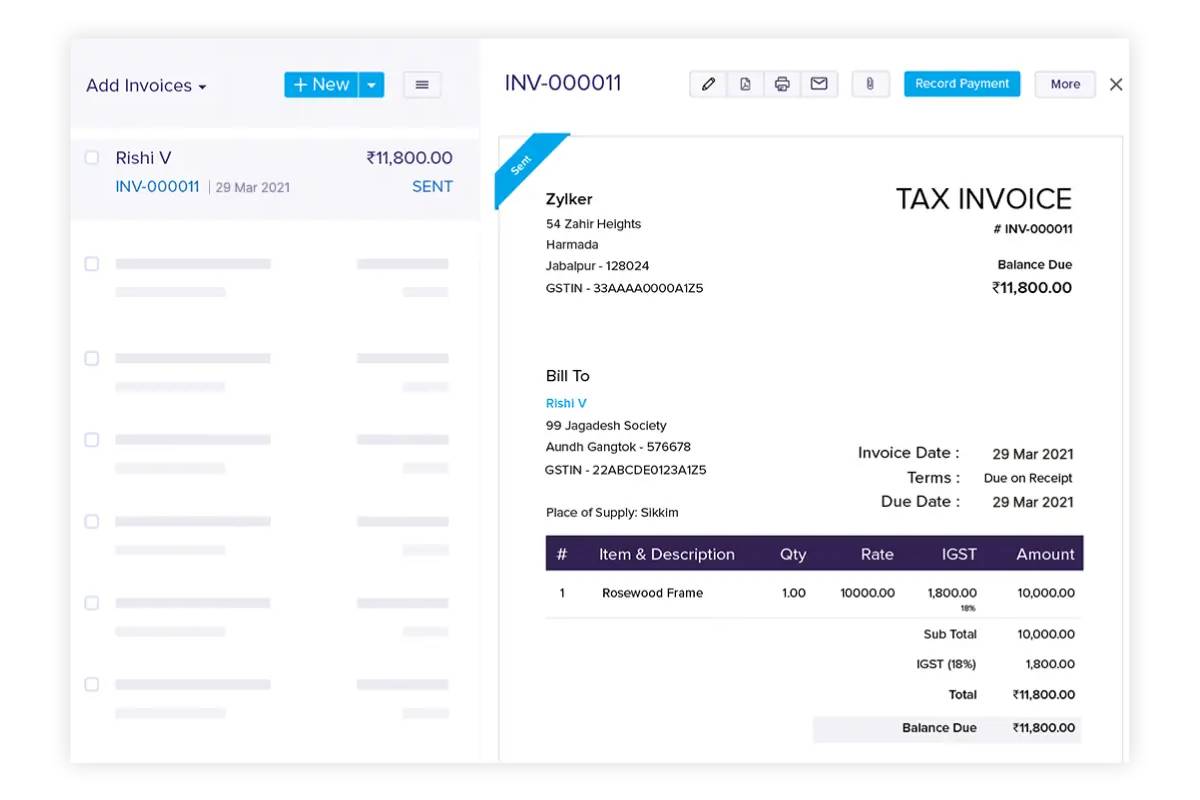
Tax Implications of Working with International Clients: What Every UK Freelancer Should Know
Working with international clients can feel like a major career win. More exposure, diverse projects, and access to higher budgets — what’s not to love? But with great opportunity comes a new set of challenges, and at the top of that list is understanding the tax implications of earning foreign income.
If you’re a UK-based freelancer or small business owner collaborating with clients overseas, it’s essential to know how to manage your taxes properly. Questions like “Do I need to report overseas earnings to HMRC?”, “What about double taxation?” or “Should I charge VAT to a client in Canada?” can quickly turn into hours of Google rabbit holes.
In this blog, we’ll unpack the key tax considerations for UK freelancers working with international clients. You’ll learn how HMRC treats foreign income, what double taxation agreements are, and how to stay compliant without getting overwhelmed.
Let’s get started — your global career deserves a tax setup that supports it.
Do You Have to Pay UK Tax on International Client Work?
The short answer: yes.
If you’re a UK resident for tax purposes, which most freelancers living and working in the UK are, you are liable to pay tax on your worldwide income. This includes payments received from international clients, regardless of where your clients are based.
HMRC’s approach to foreign income
According to HMRC guidelines, UK tax residents must declare all income earned both domestically and abroad. This applies whether you receive payment in pounds, euros, dollars, or cryptocurrency.
So, if you’re a copywriter in London doing work for a client in Australia, that payment is considered part of your taxable income in the UK.
Tip: Keep good records of all foreign income, including exchange rates, invoices, and payment receipts.
What About Double Taxation? Do You Pay Tax Twice?

This is where many freelancers start to panic — and understandably so. The thought of paying tax both in the UK and in the client’s country can be daunting.
Enter Double Taxation Agreements (DTAs)
The UK has signed double taxation treaties with over 130 countries. These agreements are designed to prevent you from being taxed twice on the same income.
Here’s how it typically works:
- You earn income from a client based abroad.
- The country where your client is based might withhold tax (depending on their local laws).
- You can often claim relief for that foreign tax paid through your UK Self Assessment — meaning you don’t pay tax twice.
Example:
You earn £3,000 from a client in Germany, and German law requires them to withhold 10% in tax (£300). You report the full £3,000 to HMRC, but you claim a foreign tax credit for the £300 already paid.
Result: You only pay the difference between what the UK would normally tax you on that income and what you’ve already paid in Germany.
How to Report Foreign Income on Your UK Tax Return
You’ll report your international earnings as part of your Self-Assessment. If you’re a sole trader or operating under the cash basis, you’ll simply include these earnings in your total turnover.
Steps to follow:
- Calculate your gross foreign income. Include all payments received, even if still held in a foreign account.
- Convert to GBP Use the HMRC exchange rates (updated monthly) or the rate on the date of the transaction.
- Claim foreign tax relief (if applicable). If tax has been withheld in the client’s country, use the “Foreign” section of the tax return to claim a credit.
- Maintain accurate records. Keep currency conversion documentation, invoices, and contracts to support your figures.
Tip: If you’re using accounting software like FreeAgent or Xero, most allow you to set currencies and automatically handle exchange rate conversions.
VAT and International Clients: What Are the Rules?

VAT is a murky area for many freelancers, and international clients only add to the confusion.
Scenario 1: Your client is based outside the UK (and outside the EU)
- If you’re VAT registered, services to non-UK clients are often zero-rated.
- You still include the sale in your VAT return, but you don’t charge VAT.
- Record your client’s country and ensure proof of export of services.
Scenario 2: Client is based in the EU
Post-Brexit, the rules changed:
- For B2B services, the “reverse charge” often applies, meaning your client accounts for VAT in their own country.
- Depending on the nature of the service, you may need to register for VAT in the customer’s country for B2C services.
Best practice: Include your client’s VAT number (if applicable) and clear wording about VAT responsibility in your invoice.
Still unsure? HMRC’s VAT Helpline or a quick chat with a tax advisor can clarify how the rules apply to your specific services.
Currency Fluctuations and Exchange Rate Risks
Getting paid in foreign currencies means your income can fluctuate with exchange rates. While this isn’t a direct tax issue, it does affect your reported income and how much tax you ultimately pay.
What HMRC expects:
- Use the exchange rate applicable on the date of the invoice or payment.
- Alternatively, use HMRC’s monthly average exchange rates (if more convenient).
Tip: Keep consistent with your method. Switching between daily and monthly averages without reason could raise red flags.
Managing Payments from International Clients
Getting paid is the fun part — until you realise bank fees and conversion charges are eating into your profits.
Ways to streamline:
- Wise (formerly TransferWise): Low fees, multi-currency accounts, and competitive exchange rates.
- PayPal Business: Widely used, but can be expensive — factor in fees.
- Revolut Business or Starling Bank: Offer multicurrency support and virtual IBANs.
Best practice: Always invoice in your preferred currency (GBP or the client’s) and include clear payment terms.
Red Flags: When Foreign Income Gets Complicated
1. Clients with withholding tax but no DTA
Some countries may withhold tax even if there’s no double taxation agreement with the UK. In that case, you may not be able to claim a full credit, and you could end up paying partial tax twice.
2. You’re working abroad for extended periods
If you physically deliver work overseas, the country may view you as taxable locally. This can trigger residency or corporate tax rules.
3. Payments from clients in sanctioned countries
Working with clients in countries subject to UK sanctions could lead to financial restrictions or legal issues. Always check the UK Sanctions List.
Do You Need a Tax Advisor for International Income?

If your overseas income is growing or comes from multiple jurisdictions, yes, professional help is highly recommended.
A tax advisor can:
- Ensure you’re using the correct HMRC guidelines
- Help you claim all relevant tax reliefs
- Avoid errors that lead to audits or fines
Even a one-off tax consultation can save you hours of stress and hundreds (or thousands) in tax mistakes.
Real-World Story: Zara’s Freelance Translation Business
Zara, a UK-based translator, works with clients in Germany, the US, and the UAE. For the first year, she lumped all her income together and reported it on her tax return without much thought.
But when a German client withheld tax, she panicked. She’d already paid tax on that same amount in the UK and didn’t know she could claim relief.
After speaking to a tax advisor, she amended her return, claimed a foreign tax credit, and learned how to structure her invoices to prevent unnecessary tax deductions.
She now:
- Uses Wise to get paid in local currencies
- Records income in GBP using HMRC rates
- Includes VAT wording based on the client’s location
- Sleeps easier knowing she’s compliant worldwide
Conclusion: Global Clients, Local Tax Rules — Stay Ahead
Working with international clients is a huge opportunity, but it also comes with new tax responsibilities. From declaring foreign income to managing double taxation and handling currency conversion, the rules can be tricky, but they’re entirely manageable with the right know-how.
Key takeaways:
- UK tax residents must declare their worldwide income to HMRC
- Double taxation relief ensures you don’t pay twice — if agreements are in place
- VAT rules vary depending on the client’s country and whether they’re a business or consumer
- Currency conversions must be consistent and well-documented
- A tax advisor can simplify everything — and ensure you don’t miss a trick


